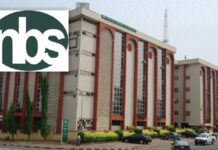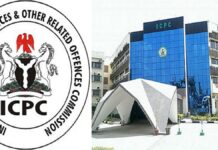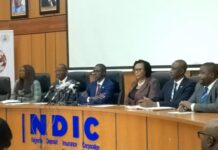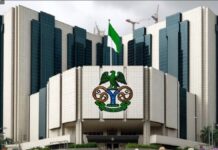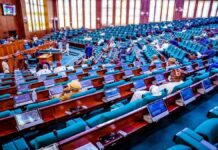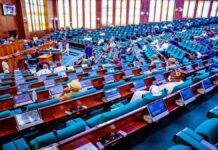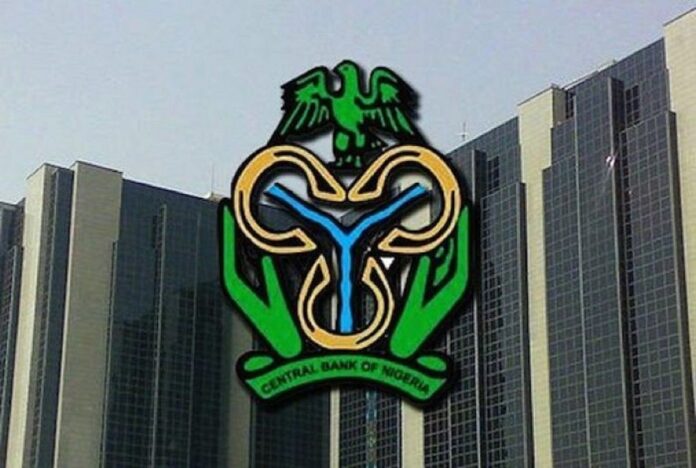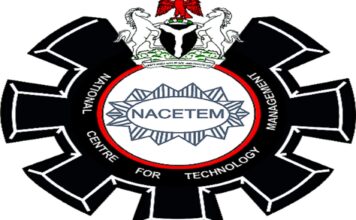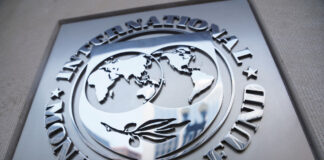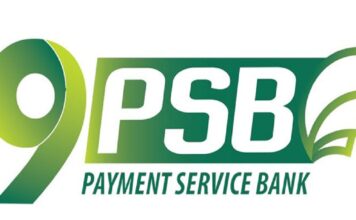Short-Term Interest Rates Spike as Banks Take Excess Funds to CBN
Short-term benchmark interest rates rose to double-digit highs as the liquidity profile in the financial markets weakened further. There have been renewed pressures on liquidity in the financial system, worsened by debits for primary market auctions.
While large inflows from maturing government instruments often saturate market liquidity, there has been some scarcity in recent times except for Federal Accounts Allocation Committee disbursement.
Data from the financial market showed that short-term rates have been ascending, and analysts said the new money market dynamics could see rates growing above the current level.
“Interbank lending has been reduced as banks seek higher rates on their excess cash placements”, analysts told MarketForces Africa.
Money market short-term benchmark rates rose following the apex bank’s removal of the N2 billion cap limit placed on local banks’ deposits in its standing deposit facility.
The Interbank Offered Rate (NIBOR) exhibited upward trends across all tenor buckets due to financial system illiquidity, despite expectations of an N907 billion FAAC inflow, Cowry Asset Limited said in a note.
The overnight lending rate expanded by 150 basis points to 26.7% on Thursday, following the debit for Nigerian Treasury bills (NTB) net issuance worth N453.58 billion.
In its July 10 2019 circular, with reference to all banks and discount houses, the apex bank said that the remunerable placements should not exceed N2 billion.
Some investment banking experts had responded that the move would not yield results, saying the limit is not likely to drive real sector lending.
In setting a new direction for the markets, the central bank has now given lenders an opportunity to deposit their excess funds at the window with interest.
This has triggered liquidity pressures in the financial system following a sporadic movement of free funds into the CBN standing lending facility.
